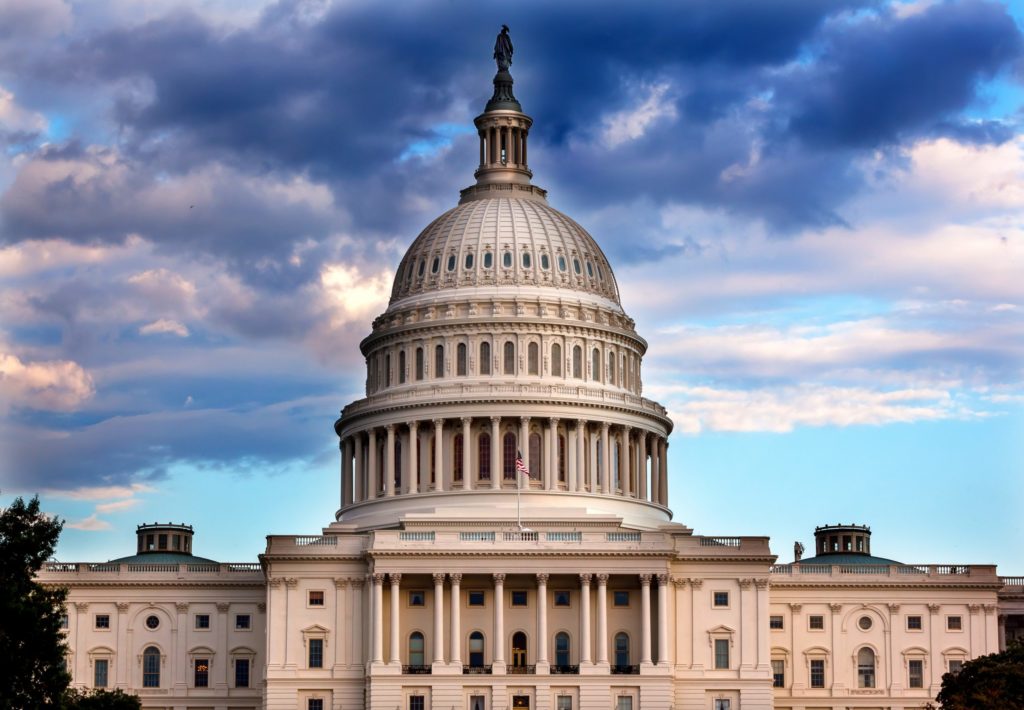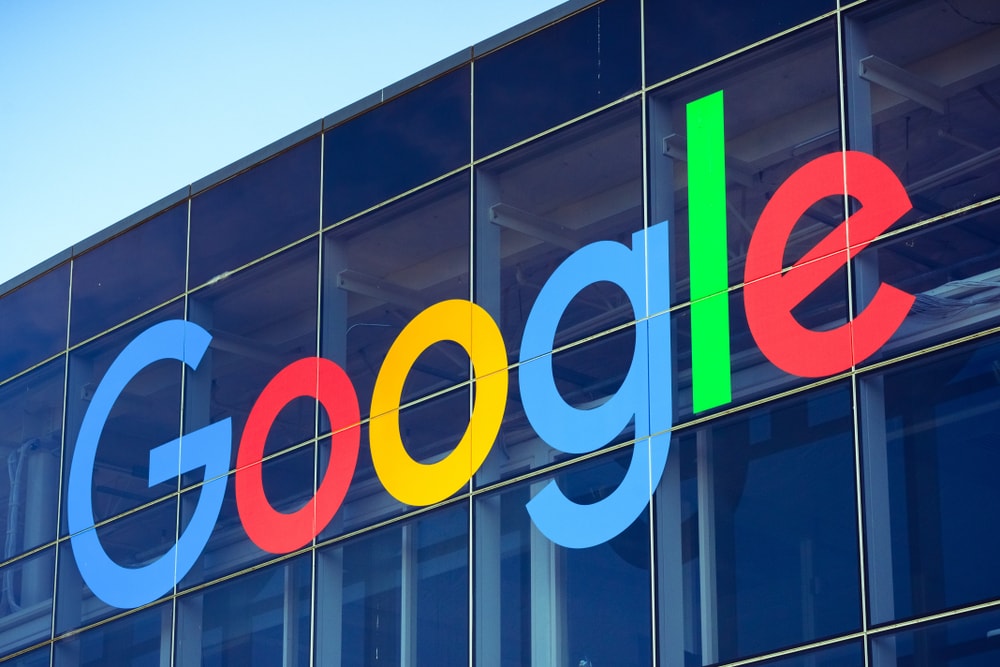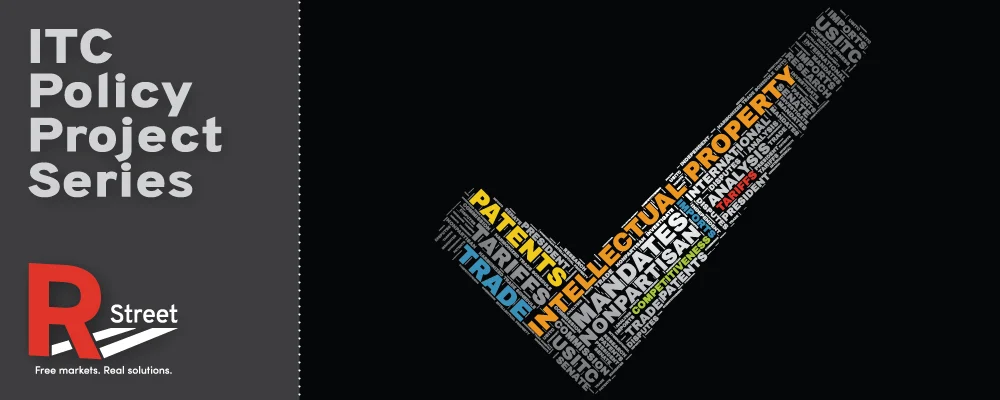The Journalism Bailout Link Tax Is Back
After failing to pass it last year, Sens. Amy Klobuchar (D-Minn.) and John Kennedy (R-La.) revived the Journalism Competition and Preservation Act (JCPA), which is set to receive a hearing this week. The bill remains—as we warned on multiple occasions—a rent-seeking folly that endangers the way we access content on the internet while failing to achieve its ostensible goal of saving local journalism.
To quickly review the basics, the JCPA creates a temporary antitrust exemption that allows journalistic outlets to band together and function as a legally sanctioned cartel, negotiating with online platforms that host links to and snippets of their news content. The language is tailored to make platforms like Google and Facebook obligated to negotiate payments for hosting links to news content—a de facto link tax. The “negotiation” is fundamentally rigged in favor of the news cartels by the threat of forced arbitration if an agreement cannot be reached, delegating a third party to choose the most reasonable payment model and rate.
A more blunt explanation is that the news companies lobbying vigorously for this bill want to use the government to extract revenue from Big Tech platforms to subsidize outlets with fading readership.
Every iteration of the JCPA has varied slightly regarding exactly who is eligible to join one of these rent-seeking media cartels; however, it remains true that the bulk of the negotiating power would rest with large media conglomerates rather than local outlets. In fact, while the smallest news outlets don’t even qualify for representation in the cartels, only the very largest newspapers—such as The New York Times and The Wall Street Journal—would be excluded. A huge proportion of cartel membership would consist of mid-sized papers and outlets owned by major conglomerates like Gannett, Alden Global Capital and News Corp, effectively putting these corporations in the driver’s seat.
More importantly, the link tax the JCPA would impose upon Facebook and Google undermines the basic structure of how information is shared on the internet. Once journalists can demand payment for merely linking to their content, there is little to stop future laws from expanding this privilege to other content creators (assuming the JCPA survives legal scrutiny). An internet where content owners can insist on payment for merely linking to their work is a fundamentally different medium—one in which the flow of information is far less free and accessible.
Furthermore, the JCPA contains language that essentially allows any content moderation—with respect to a participant in one of these protected news cartels—to be framed as retaliation. This effectively creates a must-carry requirement that prevents platforms from taking down links to content from any companies negotiating against them, even if that content violates their terms of service. As TechFreedom has observed, citing Supreme Court precedent, “[c]ompulsory subsidization of speech ‘raises similar First Amendment concerns’ to those raised by compelling the speech itself.”
Even without these fundamental problems, the JCPA represents a retrograde way of dealing with disruptive innovation. While it is true that newspapers and other journalistic outlets have suffered massive revenue loss from the shift in advertising dollars to social media and search ads, it doesn’t mean the beneficiaries of this online advertising revolution owe reparations to media companies—just as auto manufacturers owe nothing to farriers or carriage builders.
News media outlets must adapt and find new ways to serve their audiences profitably, but infusing a failing industry with a government-mandated transfer of wealth will only slow this process.






